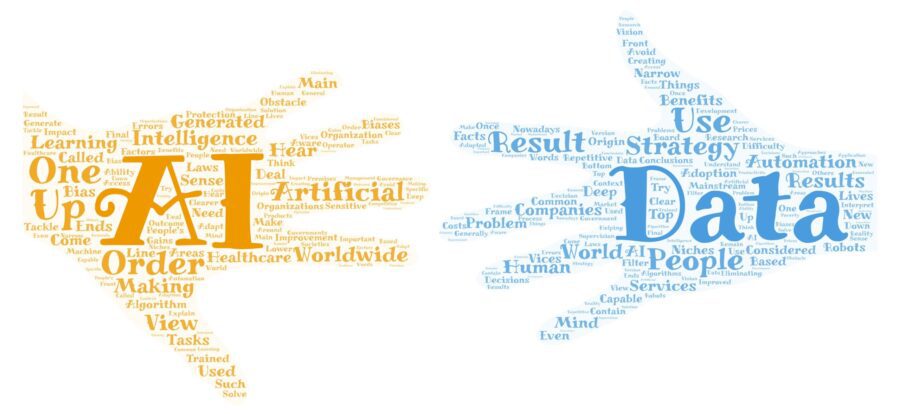
When people hear about Artificial Intelligence, things like Deep Learning, Robots and the automation of repetitive tasks in companies often come to mind. Nowadays the Artificial Intelligence research is in niches, it’s called narrow AI, not one capable of making conclusions based on common sense yet.
The main obstacle to the mainstream use of Artificial Intelligence, it is the difficulty of eliminating the biases in the results generated in the algorithms used, which are trained in data that in its origin often also contain these vices, which ends up creating an automation of decisions that can impact people’s lives.
People generally are not even aware of these facts and with the new data protection laws in the world, the AI development and use in areas such as Healthcare and Government services that deal with sensitive data, also need to have a Data Governance Strategy with Human Supervision in order to avoid bias and errors.
To tackle this problem it is important to make “clear” what premises and factors were considered to generate an outcome of the machine learning algorithm. In other words, the ability of a human operator to be able to explain and interpret the results generated by this algorithm in the context of the problem.
The adoption of an AI Strategy should be considered in my view from 2 approaches, a bottom-up and a top-down in order to understand from people of the front line what they think of what can be improved and by the board of the organization, to filter and to get a clearer vision of it and to frame the final version.
Once one application is adopted in a specific market or organization, others try to adapt the solution to its own reality in order to remain competitive. The result of the adoption of AI worldwide, in my view, it would be the improvement of decision-making process in the management of companies, societies, and governments in general, with gains in productivity that will result in lower prices for products and services, that may result in an improvement of Healthcare access and costs, also helping to solve poverty problems around the world.
